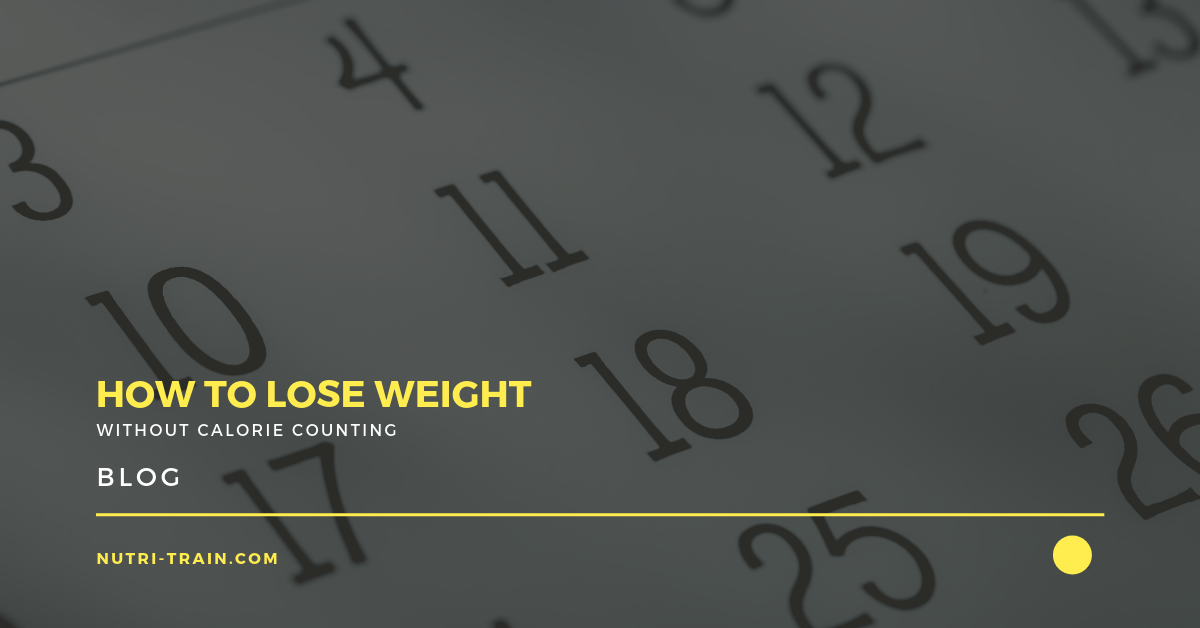|
My clients and I manage to achieve our goals without counting calories, and so can you. For years, health and fitness professionals have told us we need to count calories in order to lose weight, but they’re wrong. Not only are they wrong, but they’re blind to their error —they just keep feeding us a weight-loss dogma that clearly doesn’t work, and it diminishes people’s hope of ever finding the lifestyle they desperately crave. There are four reasons why I don’t believe in calorie counting. 1.It’s great in theory but terrible in practice (as proven by the millions who continually fail). 2.The Food and Drug Administration allows a 20% leeway in calorie estimations, which means a 100-calorie item could contain 80–120 calories. 3.We don’t absorb all calories (fibre, for example). 4.Protein is more thermogenic than carbs and fats, which means it requires more energy to digest and use. As you can see, the age-old count-your-calories-in-order-to-improve-your-health-and-weight mantra is bullshit. Try these three steps over the next month instead. Get more sleep Getting even a few hours more can help you lose more body fat and maintain your lean muscle.[1] Plus, the more quality sleep you get, the less likely you’ll be to crave junk food and overeat.[2] Increase your sleep with three easy strategies.
Decrease your sugar intake Sugar is inflammatory,[3] addictive[4] and hidden in so many foods we just don’t suspect, like low-fat yogurt, granola bars and BBQ sauce. Decrease your sugar intake with three easy strategies.
The difficulty here for some will depend on how much sugar is already in your diet, but adding a little more protein and healthy fats (eggs, salmon, steak) to your meals will help minimise any cravings you have. It’ll also increase your satiety. If you'd like more help decreasing your sugar intake, check out my free e-book. Walk a little, gain a lot I’ve written a lot about the difference in terminology between the fitness industry and health institutes and how they can lead people into believing they can only exercise in a gym. I believe that one of the biggest misconceptions when it comes to losing weight and improving your health is that walking is simply inefficient. Everyone knows that walking is good for them, but they fail to see HOW good. If you were to increase your daily steps by 15%, which for most is as simple as getting off of the bus a stop earlier, you would accumulate an extra day’s worth of walking a week, or 52 extra days a year. The best thing about walking is that it’s free and requires zero equipment. Daily checklist Most programmes are too complex, leading to poor adherence and failure, but not this one. For the next month, tick off the above every day, and you’ll understand why I advocate them so much. I’d love to know how you get on. Speak soon, JC. [1] https://www.ncbi.nlm.nih.gov/pmc/articles/PMC2951287/ [2] https://www.ncbi.nlm.nih.gov/pmc/articles/PMC3763921/ [3] https://www.ncbi.nlm.nih.gov/pubmed/25905791 [4] https://www.ncbi.nlm.nih.gov/pmc/articles/PMC2235907/
2 Comments
Effie
6/8/2019 12:03:31 am
Hi JC, I feel like these are all great in principle but I really struggle to implement them in practice. How do I actually start doing this? And how do I stick to it without having to pay a PT to keep me accountable!?
Reply
JC
6/8/2019 06:46:47 am
Hey Effie,
Reply
Leave a Reply. |
AuthorsJC and The Nutri-Team Archives
November 2020
Categories
All
|

 RSS Feed
RSS Feed
